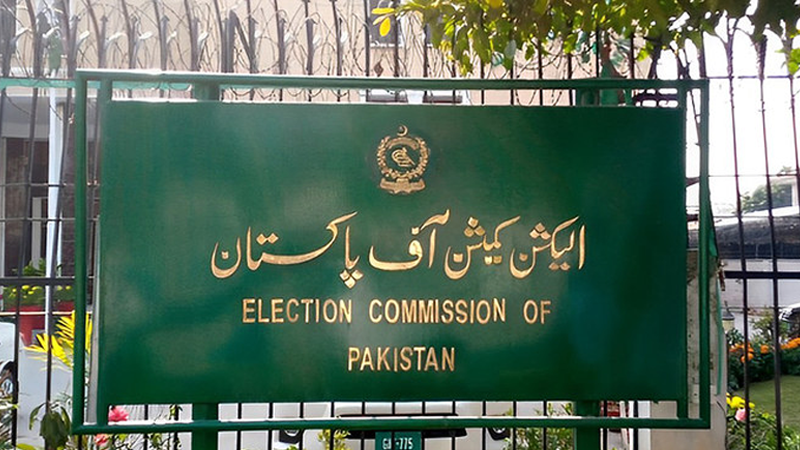Supreme Court Justice Athar Minallah has criticised the Election Commission of Pakistan (ECP) for misinterpreting a prior court ruling, which led to the denial of the ‘Bat’ symbol to the Pakistan Tehreek-e-Insaf (PTI). This statement was made on Tuesday during a hearing concerning seats reserved for women and minorities, brought forward by the Sunni Ittehad Council (SIC), with Chief Justice Qazi Faez Isa presiding.
Misinterpretation by the ECP
Justice Minallah questioned the ECP counsel on whether the judiciary should support an “unconstitutional interpretation by a constitutional body.” The controversy stems from the ECP’s December 22, 2023 decision to strip PTI of its election symbol due to irregularities in its intra-party polls. The Supreme Court upheld this order on January 13, forcing PTI candidates to run as independents in the February 8 general elections.
Debate on reserved seats
The hearing began with Attorney General Pakistan (AGP) Mansoor Usman Awan presenting records on reserved seats from 2002 and 2018. He explained the constitutional provisions governing the allocation of non-Muslim reserved seats and highlighted the significant role of political parties in securing these seats based on election results.
Justice Minallah expressed concern over the exclusion of a political party from the elections by the ECP, emphasising that the constitution is founded on democratic principles. He questioned whether the judiciary should correct unconstitutional actions taken by the ECP.
The role of independent candidates
Justice Mansoor Ali Shah and Justice Muhammad Ali Mazhar raised critical points regarding the high number of independent candidates in the current assembly. Justice Shah noted that this issue had not been addressed previously due to the unprecedented number of independents.
The AGP reiterated that the constitution mandates reserved seats cannot be left vacant, even if 120 days remain until the assembly’s term ends. He argued that independent candidates cannot form a parliamentary party, which requires winning at least one seat in the elections.
Constitutional and legal interpretations
Justice Minallah questioned the ECP’s authority and actions, pointing out that the judiciary has a constitutional responsibility to address violations. Chief Justice Isa and other justices debated the implications of the ECP’s notifications and the recognition of parliamentary parties. The discussion also touched on the relevance of Article 63 A and the formation of parliamentary parties.
ECP’s misinterpretation and judicial responsibility
Justice Minallah highlighted the ECP’s error in misinterpreting the Supreme Court’s ruling, suggesting that the judiciary must address this significant constitutional violation. The justices questioned whether the ECP’s actions undermined the democratic process and whether the court should intervene to correct these actions.
